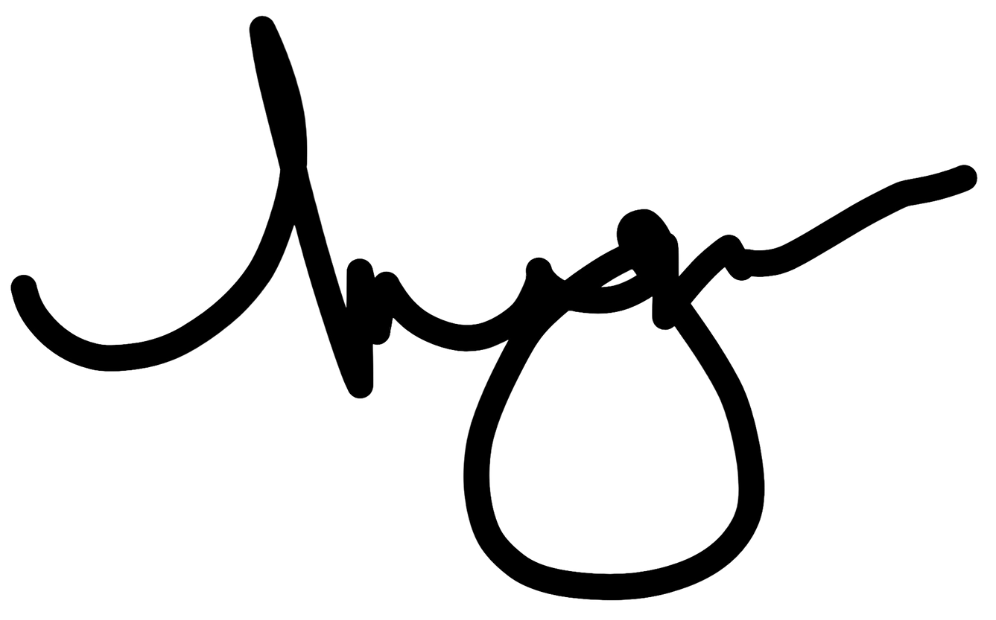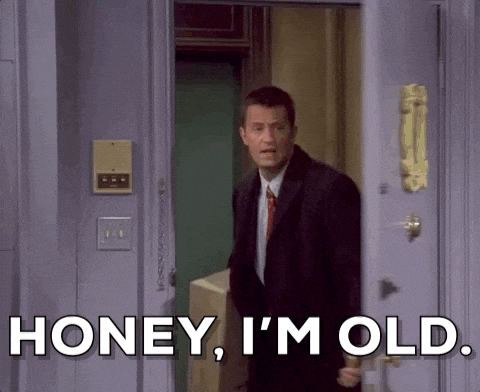Greetings, one and all!
Welcome to new subscribers - thank you so much for joining us here. I hope you—and all subscribers!—find something of interest, help, and value in this newsletter.
Some Reflection
In the last issue, I discussed how some of us might adjust to the results of the U.S. election, related to the actual outcome. But I’ve been wondering since then: “Would I say the same things had the outcome gone the other direction?”
I would still, always, remind those who keep company with Jesus that the king is coming, that history bends toward his return, that our task is to be faithful in our lives to that reality. This doesn’t negate our invitation to participate in the kingdom already present. But…it does ask us to live in the tension of that already, and the not-yet that an eternal perspective asks us to cultivate.
Had the election gone otherwise, I would still have significant, if different, concerns. It felt like we were being asked to choose between degrees of corruption, arrogance, and incompetence. My main perception was that one choice, more than another, allowed for a more “manageable” corruption, or at least a familiar one.1 But I didn’t think any choice would actually benefit the country in the long-term.2 Because the algorithmic temptations and rewards constantly adjust for the most outrageous, the most visible, and the most hysterical, all of which our elected leaders perform with every beat of their scenery-chewing, sound-biting hearts.
One of the things I am least looking forward to is the ever-present attention grabbing. As discussed previously, “exposure increases familiarity, and we mimic others as a result of exposure and acclimation.” Given this assumption, then, I worry what the renewed, expanded exposure to cruelty, humiliation, hostility, resentment, and vengeance will (continue to) do in the world.
And for what?
When you’ve salted the earth of your kingdom, what do you rule in the end?
And if you become who you watch, then…are we prepared for that?
“Since it is so likely that (we) will meet cruel enemies, let (us) at least have heard of brave knights and heroic courage. Otherwise you are making (our) destiny not brighter but darker.”
―C.S. Lewis
More than ever, I believe we need to turn our gaze from the screen full of sound and fury, and toward the true, the good, and the beautiful. Now, as much as ever, we need to attend to the kind of people we surround ourselves with, the kind of lives we watch.
I’d love to hear how you’re learning to do this in your days.
Future Content
So here’s the deal. I’m not a systematic writer, never have been. This is unlikely to change now that I’ve reached middle age.3
That said, I could offer some more structure to regular posts, but since I often simply follow my curiosity,4 said structure still needs to be rather loose. So here’s what I’m thinkin’.
I have a groaning bookshelf of tomes asking to have their spines cracked, and I feel that, unless I have some external constraint motivating me, I never will. I think it would be interesting to explore the wide variety of topics represented on my shelves through the lens of communication theory. I’m curious to see how such an intersection can help us see things differently, and expand our imaginations.
But, I would like that conversation to be of more immediate interest to you, so…wanna help me choose a book?
Here’s some options:5
We Have Never Been Woke: The Cultural Contradictions of a New Elite
Musa al-Gharbi details how the language of social justice is increasingly used to justify a new elite—and to portray the losers in the knowledge economy as deserving their lot because they think or say the “wrong” things about race, gender, and sexuality. Al-Gharbi’s point is not to accuse symbolic capitalists of hypocrisy or cynicism. Rather, he examines how their genuine beliefs prevent them from recognizing how they contribute to social problems—or how their actions regularly provoke backlash against the social justice causes they champion.
Propaganda: The Formation of Men's Attitudes
Taking not only a psychological approach, but a sociological approach as well, Jacques Ellul outlines the taxonomy for propaganda, and ultimately, it’s destructive nature towards democracy. Drawing from his own experiences fighting for the French resistance against the Vichy regime, Ellul offers a unique insight into the propaganda machine.
The Anxious Generation: How the Great Rewiring of Childhood Is Causing an Epidemic of Mental Illness
In The Anxious Generation, social psychologist Jonathan Haidt lays out the facts about the epidemic of teen mental illness that hit many countries at the same time. He then investigates the nature of childhood, including why children need play and independent exploration to mature into competent, thriving adults. Haidt shows how the “play-based childhood” began to decline in the 1980s, and how it was finally wiped out by the arrival of the “phone-based childhood” in the early 2010s. He presents more than a dozen mechanisms by which this “great rewiring of childhood” has interfered with children’s social and neurological development […]. He explains why social media damages girls more than boys and why boys have been withdrawing from the real world into the virtual world, with disastrous consequences for themselves, their families, and their societies.
The Age of Surveillance Capitalism: The Fight for a Human Future at the New Frontier of Power
Shoshana Zuboff vividly brings to life the consequences as surveillance capitalism advances from Silicon Valley into every economic sector. Vast wealth and power are accumulated in ominous new "behavioral futures markets," where predictions about our behavior are bought and sold, and the production of goods and services is subordinated to a new "means of behavioral modification." The threat has shifted from a totalitarian Big Brother state to a ubiquitous digital architecture: a "Big Other" operating in the interests of surveillance capital. Zuboff's comprehensive and moving analysis lays bare the threats to twenty-first century society: a controlled "hive" of total connection that seduces with promises of total certainty for maximum profit -- at the expense of democracy, freedom, and our human future.
Essays could cover 1-2 chapters per month of the primary book, with insights pulled from communication theory, and we see how it goes. To be clear, I am not sure how communication theory will interact with any of these topics, but I think it would be fun to find out!!
And if this works out, you choosing the next book to read could become a thing?
Let’s be hopeful, creative, and wise—together.
Shalom,
Looking for more resources to help with your personal formation journey? Get your free guide!
My practice-based workshops help you practice commitment care or map your role models so you can become the person you were created to be. Great for small teams and student groups!
Are you a non-fiction writer seeking help with a project? I offer structural editing on your manuscript’s structure, theme or purpose, point of view, perspective, and tone.
You can learn more about this newsletter and my work on the About page.
Have a question? Ask me anything.
One more thing…
Want to help me continue sharing free stuff? Buy me a book!
“Manageable corruption.” What a phrase. What a world.
Actual policy discussion and execution be damned. We have the “concepts of a plan,” people.
I’ve copied these descriptions from Amazon.







